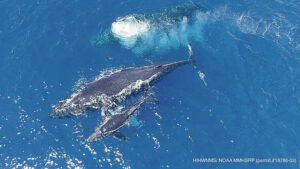Traveling to Hawaiʻi can be a once-in-a-lifetime experience, something you’ll remember and treasure for the rest of time. The islands are full of aloha—that humble sense of humility and gratitude found only in Hawaiʻi—and to make your own trip more enriching, it’s a good idea to bring aloha with you as you make your way to the Rainbow State. But what does that mean, exactly? Well, let us educate you on some major points of how to be a better, more considerate traveler to Hawaiʻi.
1. Mālama ʻĀina
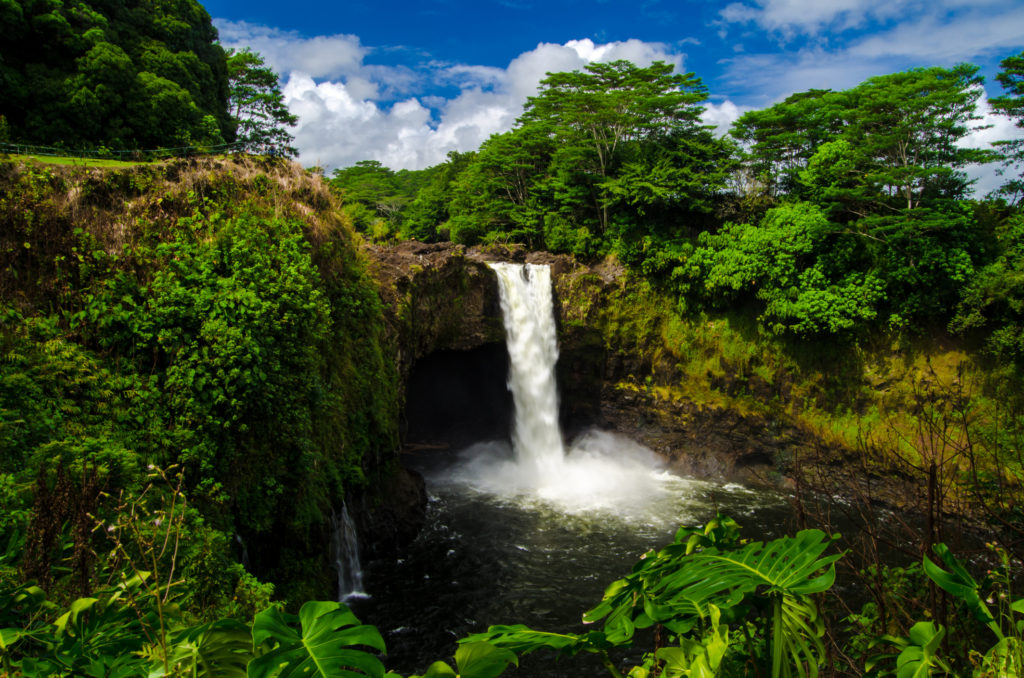
In ʻōlelo Hawaiʻi (Hawaiian language), to mālama ʻāina means to take care of the land. To pick up your ʻōpala (trash) is the least a visitor—and resident—can do when taking in some of Hawaiʻi’s beaches and hikes, and taking a small trash bag with you to pick up after others is a great way to mālama ʻāina as well. There are also beach cleanup organizations, such as Sustainable Coastlines Hawaiʻi and 808 Cleanups that offer more thorough opportunities that will also get visitors meeting kamaʻāina (residents of Hawaiʻi) and connecting with the local community through a greater cause.
You can care for the land by also getting involved with voluntourism activities, such as helping to maintain a loʻi (taro field) or even restore native wetlands. Nonprofits like Kanu Hawaii and Travel2change are both great ways to get connected with these programs, and learning about the real issues plaguing Hawaiʻi—and helping to fix them—will surely make your trip fulfilling and memorable.
2. Embrace Local Culture
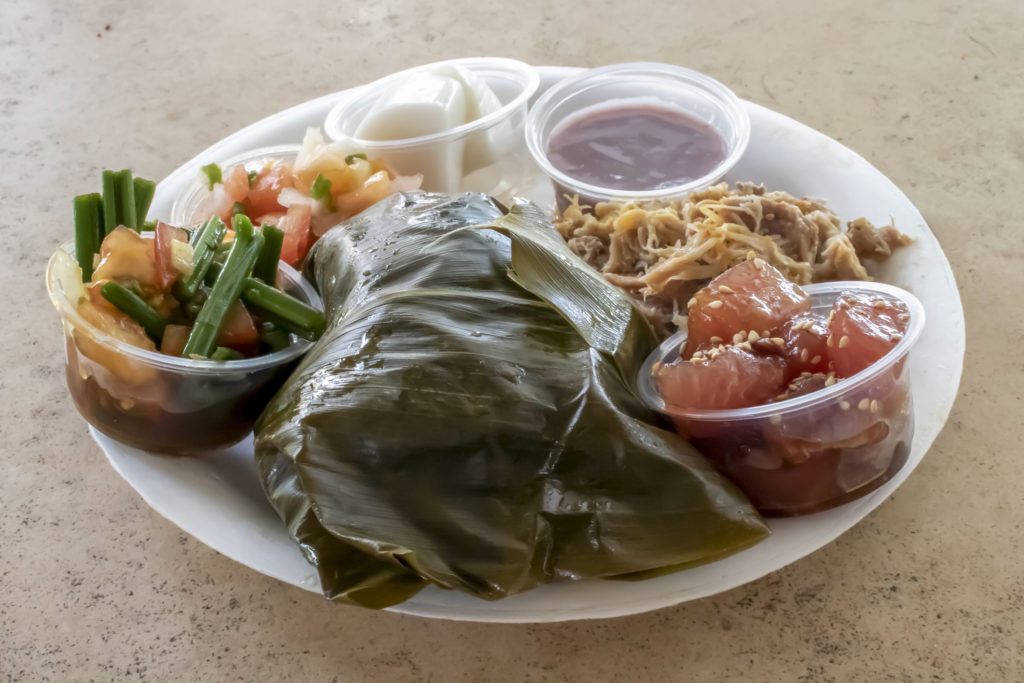
Not only will you be seen as a more considerate and respectful traveler to Hawaiʻi if you learn to embrace local culture, you’ll also just have a way better time. There are various aspects of the local culture here in Hawaiʻi that can throw visitors for a loop, like cuisine you may have never seen or when someone speaks Pidgin—a Hawaiʻi slang that has mixed and matched a handful of international languages and words. But in these scenarios, it’s always best to embrace the unknown. Knowing some unspoken local rules, like never honking on the road or leaving your car unlocked at the beach, will also help to keep you out of trouble.
Not only should you learn about the local culture of Hawaiʻi, but educating yourself on the history of the Islands—from the era of ancient Hawaiʻi to the overthrow of the Hawaiian Kingdom—can put a lot into perspective when visiting. Checking out a local museum, such as Kauai Museum or even ʻIolani Palace, is a great way to learn about the complex and deep history of Hawaiʻi.
3. Learn to Look—Without Touching
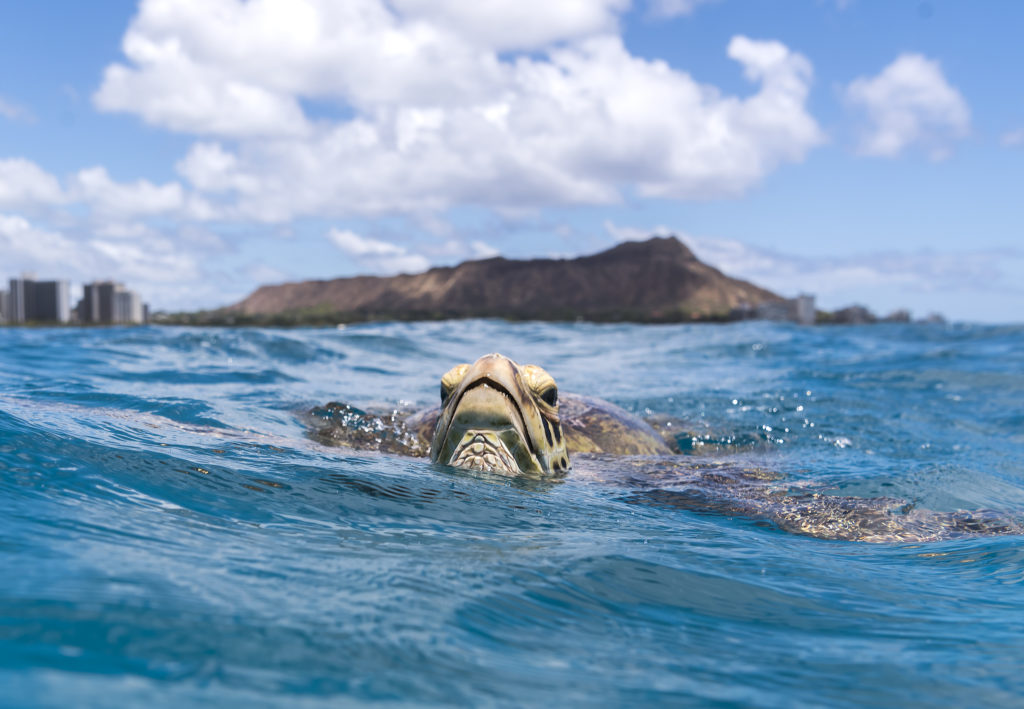
Yes, it’s an exciting moment when you see your first honu (Hawaiian green sea turtle) resting on the beach. But please, don’t touch. Not only is it seen as a highly disrespectful act, it’s actually illegal and can be punishable by hefty fines and even jail time. More than the honu, please don’t touch any of the wildlife—like monk seals or fish—here in Hawaiʻi and instead take a picture from a safe distance of ten feet or more.
Even inanimate objects don’t enjoy the touchy-feely visitor. Heiau (ancient Hawaiian temples and shrines) are often accessible to the public and some may not have any physical barrier between themselves and visitors, but that doesn’t mean it’s ok to touch, grab or rub. These artifacts of ancient Hawaiʻi are—literally—thousands of years old, and to preserve them for future generations, we ask that you look, but don’t touch.
4. Support Local
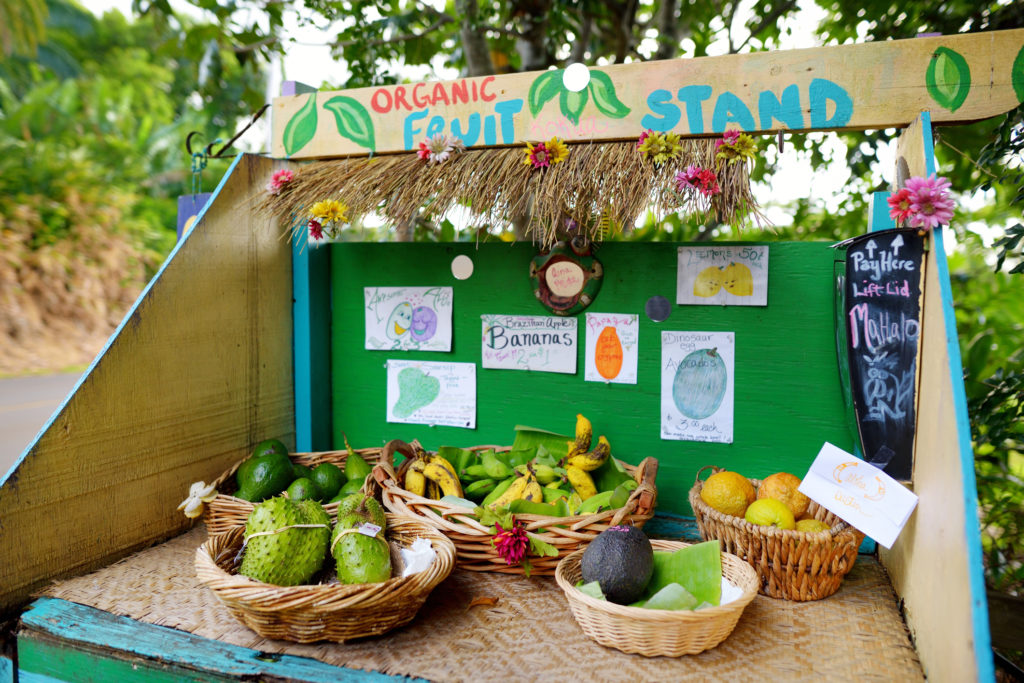
There’s nothing like supporting local businesses, retailers and producers in Hawaiʻi. From small mom-and-pop shops and boutiques to local chains—like Zippy’s—everything you spend in Hawaiʻi on local businesses is a direct way to support our economy and promote local producers. Even choosing restaurants that make it a mission to get ingredients from local farms—like Merriman’s Honolulu on Oʻahu or Cafe O’Lei at the Mill House on Maui—is a great way to support local and get an authentic taste of what Hawaiʻi has to offer.
5. Travel Sustainably
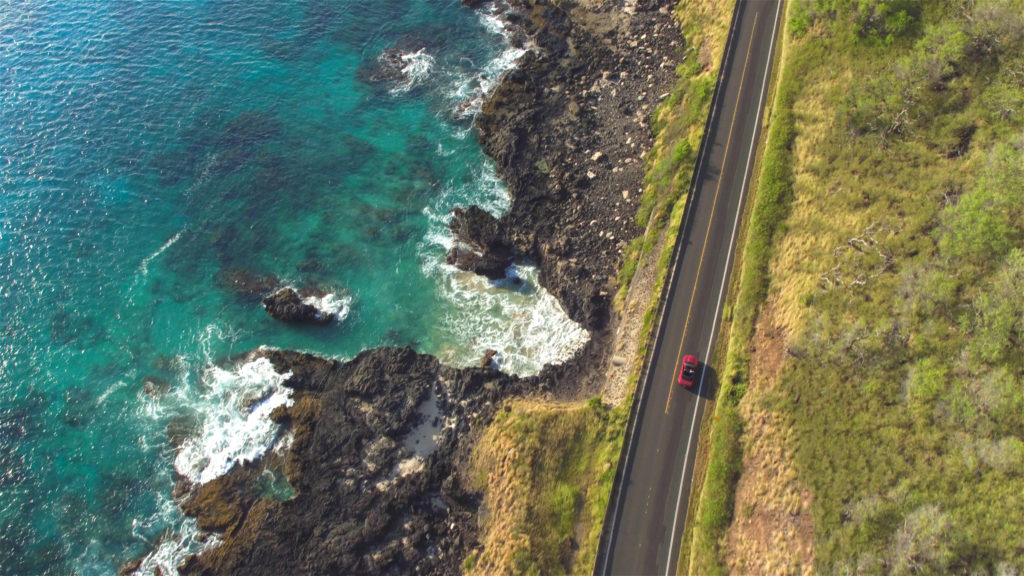
Now more than ever, travelers have the option to practice sustainable and eco conscious efforts on their vacay. From taking a reusable water bottle with you on your trip to having a washable utensil kit on hand, there are so many ways to create less waste on your trip. Tote bags are also a great way to avoid having to use single-use bags when carrying around your towels or lunch for the beach. What you shouldn’t pack is sunscreen, however, as Hawaiʻi has placed a ban on sunscreens with coral-harming chemicals in them—which can be purchased off island but not on island. To protect our local coral ecosystem, which is the reason why our waters are home to a host of fish and colorful sea life, buying your sunscreen in the state is a safe bet.






